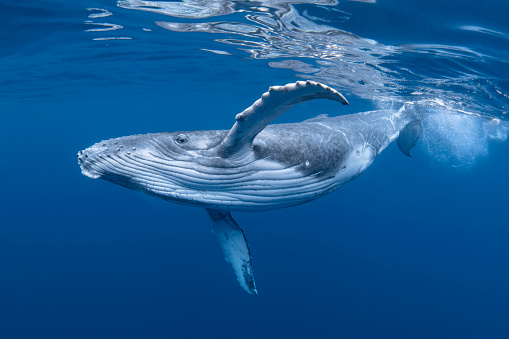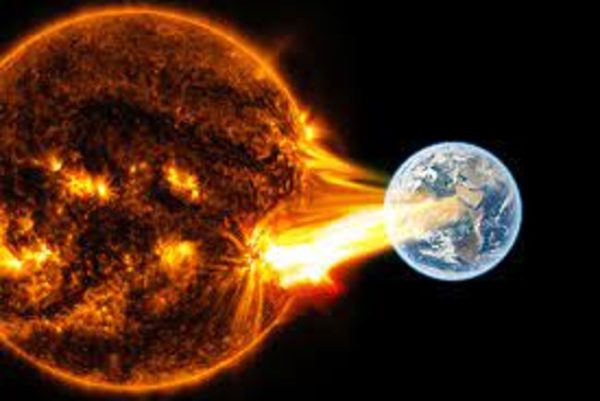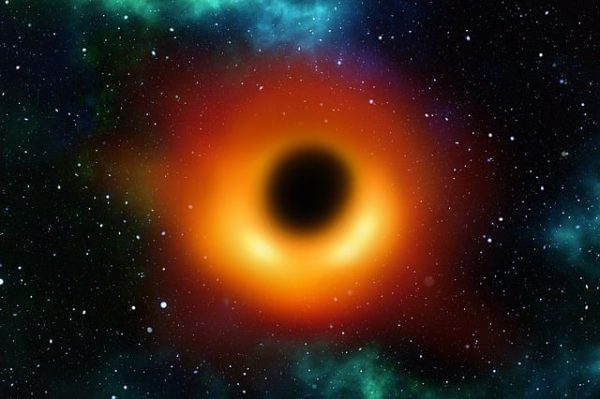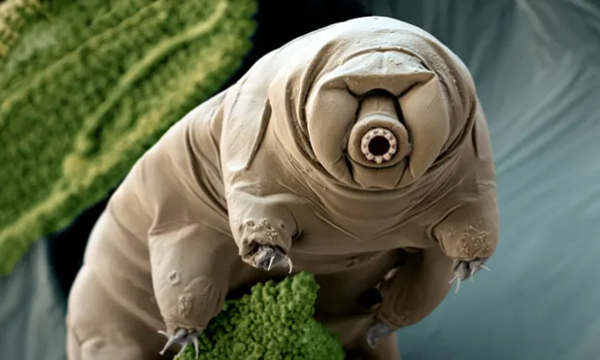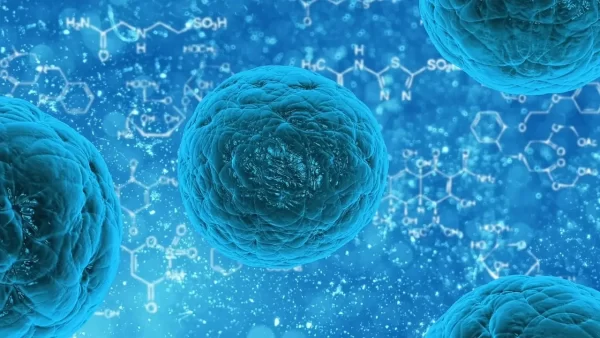The Role of Whales in Absorbing Carbon Dioxide
Did you know that while whales are renowned for their astonishing size and beauty, they also play a significant role in preventing climate change? Whales serve as incredibly effective carbon sinks, taking carbon dioxide from the atmosphere and storing it in both their bodies and the ocean. In this article, I will examine the scientific basis for whales’ capacity to absorb carbon dioxide, the risks to their populations, and their effect on carbon sequestration.
Microscopic plants called phytoplankton that live in the ocean are crucial in the process of trapping carbon. These plants take in carbon dioxide from the environment during photosynthesis and store it inside themselves. Whales eating smaller fish and krill creates disturbances in the ocean water. This brings nutrients up to the surface and helps phytoplankton grow. Whale excrement also causes nitrogen and iron to be released and this helps to fertilise phytoplankton. This cycle of whale feeding and phytoplankton growth is essential in sequestering atmospheric carbon dioxide.
Whales serve as significant carbon sinks and according to estimates, absorb about 40,000 tons of carbon dioxide annually. Whales are fairly similar to other carbon sinks like forests and grasslands. However, they are exceptional in that, when they die, their bodies sink to the ocean floor, where they store carbon dioxide for centuries. They are, therefore, an essential tool for reducing climate change. Unfortunately, the decline in whale numbers brought on by commercial whaling and other dangers could have a significant effect on carbon sequestration and the effort to combat climate change.
Whale populations were decimated by commercial whaling in the 20th century, with some species having numbers that were only a small portion of what they had been before. Even now, whales face serious threats such as habitat loss, climate change, and pollution despite the fact that commercial whaling has largely been outlawed. Since declining whale populations would result in less carbon dioxide being absorbed by them, these problems could have a significant impact on carbon sequestration. Additionally, the loss of whales could disrupt the ocean’s ecosystem, which would have an impact on phytoplankton growth and the condition of the ocean as a whole.
In conclusion, whales are extremely important for absorbing carbon dioxide and reducing climate change. Their eating habits and excretion encourage phytoplankton growth, which allows even more carbon dioxide to be removed from the atmosphere. Threats to whale populations, however, could have negative effects on the ocean’s ecosystem and the sequestration of carbon. It is essential that we maintain our protection of these magnificent creatures and acknowledge their significance in the battle against climate change.


